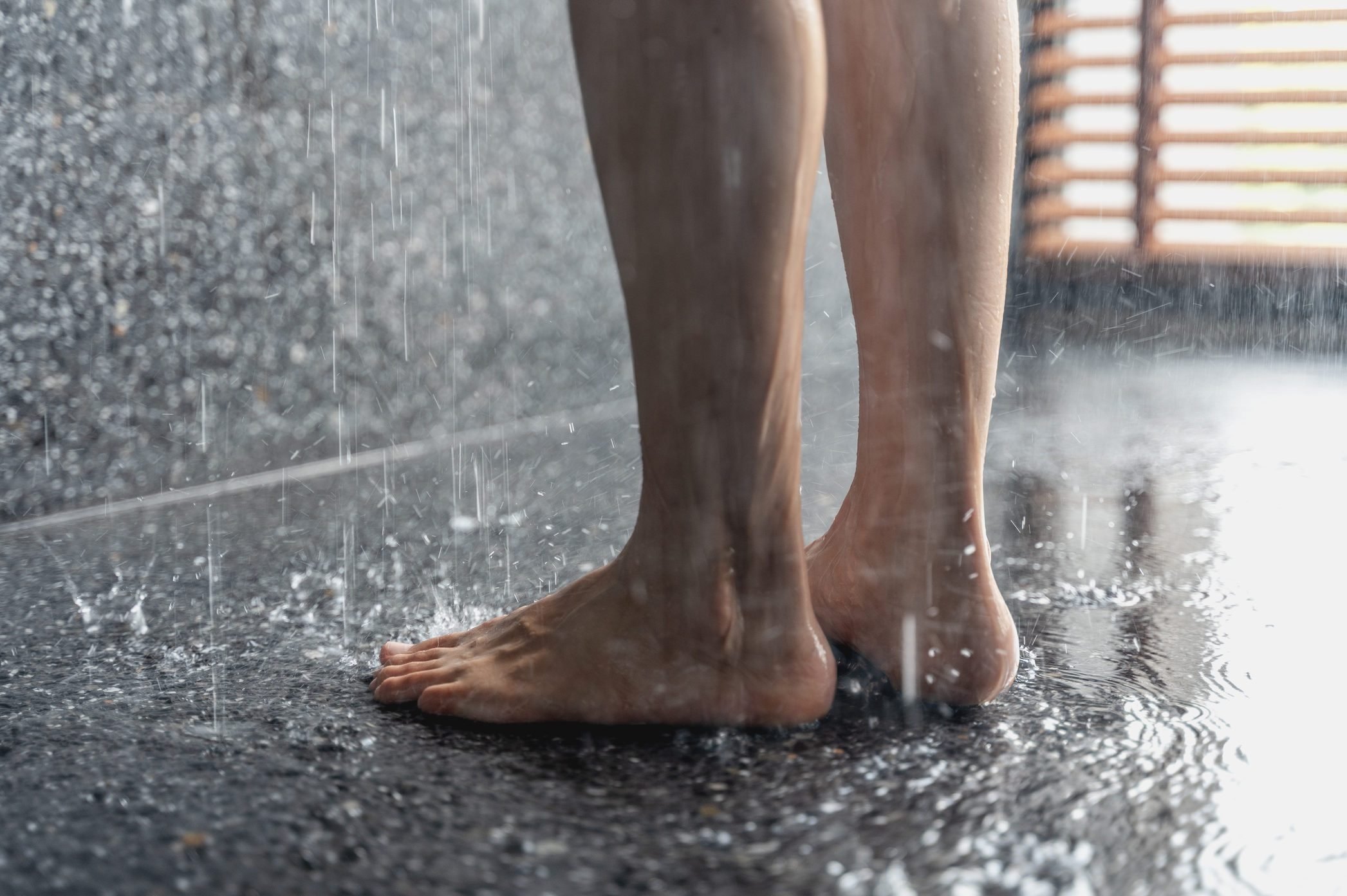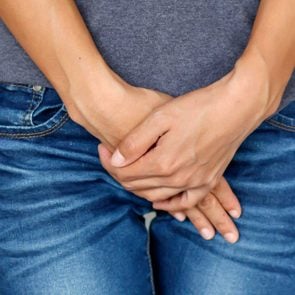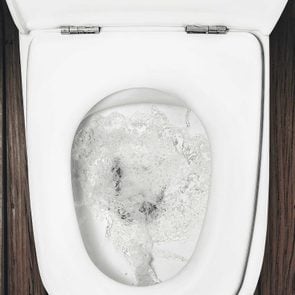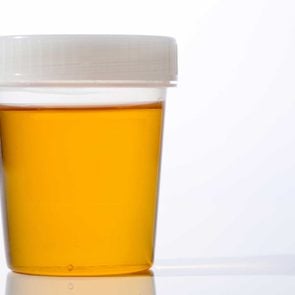How Bad Is It to Pee in the Shower?
Updated: Apr. 15, 2024
Should you add peeing in the shower to your list of showering mistakes? Here's what an internal medicine doctor says.
Is peeing in the shower a gross habit, or something more?
No topic is too taboo to cover when it comes to health, including pee.
Answering common questions like how often to replace your toothbrush and how much coffee you can safely drink, however, don’t come with the same judgment that surrounds the question of peeing in the shower.
Yet, a small survey from the polling company yougov.com found that 58 percent of people questioned admit to urinating in the shower. And 48 percent of people say it’s acceptable, while 42 percent saying that it isn’t.
A similar survey from the United Kingdom found that almost half of men admit to having peed in the shower, but only a quarter of all Brits say doing so is acceptable.
No matter how many people do or don’t own up to peeing in the shower, the question remains: Is peeing in the shower a big showering no-no, or just gross? Here’s what you need to know.
What is pee, exactly?
Pee or urine is the liquid waste of your body. After your kidneys filter it, you’re left with a mixture of water, salt, electrolytes, and chemicals called urea and uric acid.
Despite what you may have read, urine is not sterile because it contains bacteria, according to Niket Sonpal, MD, a board-certified internist in New York.
“While the levels are likely low, there are myths that state drinking urine can cure diseases like cancer or even help hair loss,” he says. “There is no scientific evidence to back up these claims.” It is not medically sound that a “healthy” urinary tract has zero bacteria in it because of the number of microbes throughout our body, he says.
Even if urine were sterile before getting to the bladder, it is full of microbial life when the body finally expels it. (These are the body parts you’re not washing enough.)
So, how gross or bad is it to pee in the shower?
The level of “grossness” is open to interpretation. From a medical standpoint, this is not a “dangerous” practice if you are in your own personal shower, according to Dr. Sonpal. But, there are a few caveats.
“After you have urinated in the shower, you don’t want urine to stick to your body,” Dr. Sonpal says. “Make sure to lather up and rinse so that if the urine has hit your legs, you have rinsed it off.”
He also recommends that women try to spread their legs and urinate directly over the drain, so the urine does not pool up around the feet.
(Here’s why going to the bathroom “just in case” is a bad idea.)

What is the worst-case scenario if you do pee in the shower?
There is a possibility that bad bacteria from your urine could enter an open wound on your body and cause an infection. However, this would not be likely to be life-threatening, Dr. Sonpal says.
“This would be more likely to occur if one had a urinary tract infection, and they urinated on an open cut or wound,” he says. Even then, there is far from any guarantee that this would lead to an infection.
Note that it’s also worse if you share a shower because the other person could have a urinary tract infection.
“If you are doing this, clean the area with soap and water and run clean shower water on it after you have urinated in the shower to be considerate and sanitary for the next person,” Dr. Sonpal says.
In fact, it’s a good idea to do this even if you don’t share a shower, as moist areas could be a breeding ground for bacteria and yeast.
(These are the reasons why your pee smells funny.)
Peeing in the shower may save water
So peeing in the shower isn’t the end of the world, but if you want a reason to feel good about this multitasking occurrence, note this: It could help the environment. The thinking is that peeing in the shower reduces how often you flush the toilet.
Newer, efficient toilets may use as little as 1.28 gallons of water or less per flush, according to the U.S. Environmental Protection Agency (EPA). But older toilets can use as many as 6 gallons each time you flush.
On average, people use 80-100 gallons of water each day, according to the U.S. Geological Survey (USGS). And yes, the largest use of household water is to flush the toilet, reports the EPA.
Peeing in the shower may result in one less flush a day. It may be a drop in the bucket, but it could help.
The bottom line
There is no big risk to peeing in the shower, according to Dr. Sonpal. (These bad hygiene habits, however, are worse than you thought.) If you have a yeast infection, you may want to avoid this practice, Dr. Sonpal says.
For those who are environmentally conscious, remember that peeing in the shower reduces water waste. Another way to cut down on waste, and keep up with good hygiene, is using a bidet toilet seat attachment.























